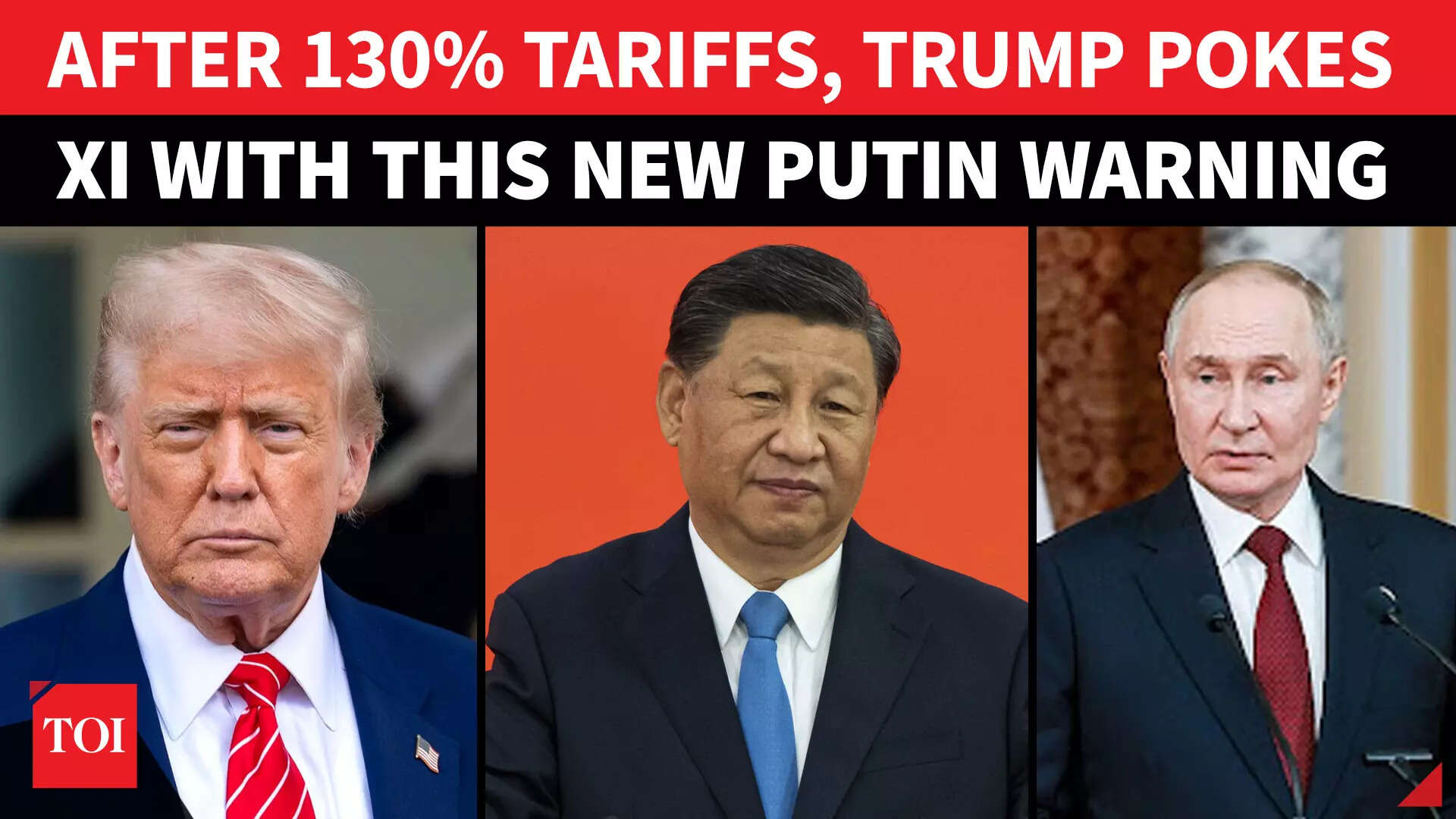Politics
China Urges U.S. to Rethink Airline Policy Amid Trade Tensions

The ongoing trade tensions between the United States and China have escalated with a recent proposal from the Trump administration to ban Chinese airlines from accessing Russian airspace. This move, announced by the U.S. Department of Transportation in July 2023, has drawn sharp criticism from Beijing, which argues that it could adversely affect American businesses and international travel.
In an official statement, the Chinese government described the proposed ban as an unfair targeting of its carriers. The statement emphasized that such a policy would not only harm Chinese airlines but also disrupt the broader aviation market, potentially leading to increased costs and delays for travelers and freight moving between Asia, Europe, and North America.
Chinese aviation authorities are urging Washington to reconsider its stance, pointing out that Russian airspace serves as a critical route for connecting these major regions. The proposed ban adds to the mounting tensions over trade policies and controls on rare-earth materials, further complicating the already strained U.S.-China relationship.
Potential Impact on Global Travel and Trade
Industry experts warn that restricting access to Russian airspace could significantly impact global air traffic patterns. Many airlines rely on this airspace for efficient travel routes, and changes could lead to longer flight times, increased fuel consumption, and higher ticket prices.
According to data from International Air Transport Association (IATA), air travel demand between Asia and Europe has been steadily increasing. A ban on Chinese airlines could disrupt this growth, affecting not only airlines but also tourism and commerce. James Heappey, a prominent figure in the British aviation sector, commented on the potential ripple effects, stating that the aviation industry thrives on open access, and restrictions could have lasting repercussions.
China’s warning comes amid a broader backdrop of geopolitical shifts, where aviation has increasingly become a focal point of international disputes. The implications of restricting access to Russian airspace extend beyond immediate financial concerns, as they may also strain diplomatic relations further.
Broader Context of U.S.-China Relations
The proposed policy is not an isolated incident but part of a series of actions that have characterized U.S.-China relations in recent years. The trade war, which began in earnest in 2018, has seen both nations impose tariffs on each other’s goods, significantly impacting various sectors of the economy.
In particular, the issue of rare-earth materials has become a contentious topic, with the U.S. aiming to reduce its reliance on Chinese supplies. This ongoing rivalry underscores the complexities of global trade, where airlines play a crucial role in international commerce and diplomacy.
As the situation develops, the Chinese government remains firm in its call for a more equitable approach. It has expressed hope that both sides can engage in dialogue to resolve the issues at hand without further escalation.
In conclusion, the potential ban on Chinese airlines from Russian airspace represents more than a policy decision; it reflects the intricate web of international relations, economic strategies, and the interconnected nature of global travel. Both nations will need to navigate these turbulent waters with care to avoid further deterioration of their already strained relationship.
-

 World3 months ago
World3 months agoSBI Announces QIP Floor Price at ₹811.05 Per Share
-

 Lifestyle3 months ago
Lifestyle3 months agoCept Unveils ₹3.1 Crore Urban Mobility Plan for Sustainable Growth
-

 Science2 months ago
Science2 months agoNew Blood Group Discovered in South Indian Woman at Rotary Centre
-

 Sports2 months ago
Sports2 months agoBroad Advocates for Bowling Change Ahead of Final Test Against India
-

 World3 months ago
World3 months agoTorrential Rains Cause Flash Flooding in New York and New Jersey
-

 Top Stories3 months ago
Top Stories3 months agoKonkani Cultural Organisation to Host Pearl Jubilee in Abu Dhabi
-

 Science3 months ago
Science3 months agoNothing Headphone 1 Review: A Bold Contender in Audio Design
-

 Sports2 months ago
Sports2 months agoCristian Totti Retires at 19: Pressure of Fame Takes Toll
-

 Top Stories3 months ago
Top Stories3 months agoAir India Crash Investigation Highlights Boeing Fuel Switch Concerns
-

 Business3 months ago
Business3 months agoIndian Stock Market Rebounds: Sensex and Nifty Rise After Four-Day Decline
-

 Politics3 months ago
Politics3 months agoAbandoned Doberman Finds New Home After Journey to Prague
-

 Top Stories3 months ago
Top Stories3 months agoPatna Bank Manager Abhishek Varun Found Dead in Well









